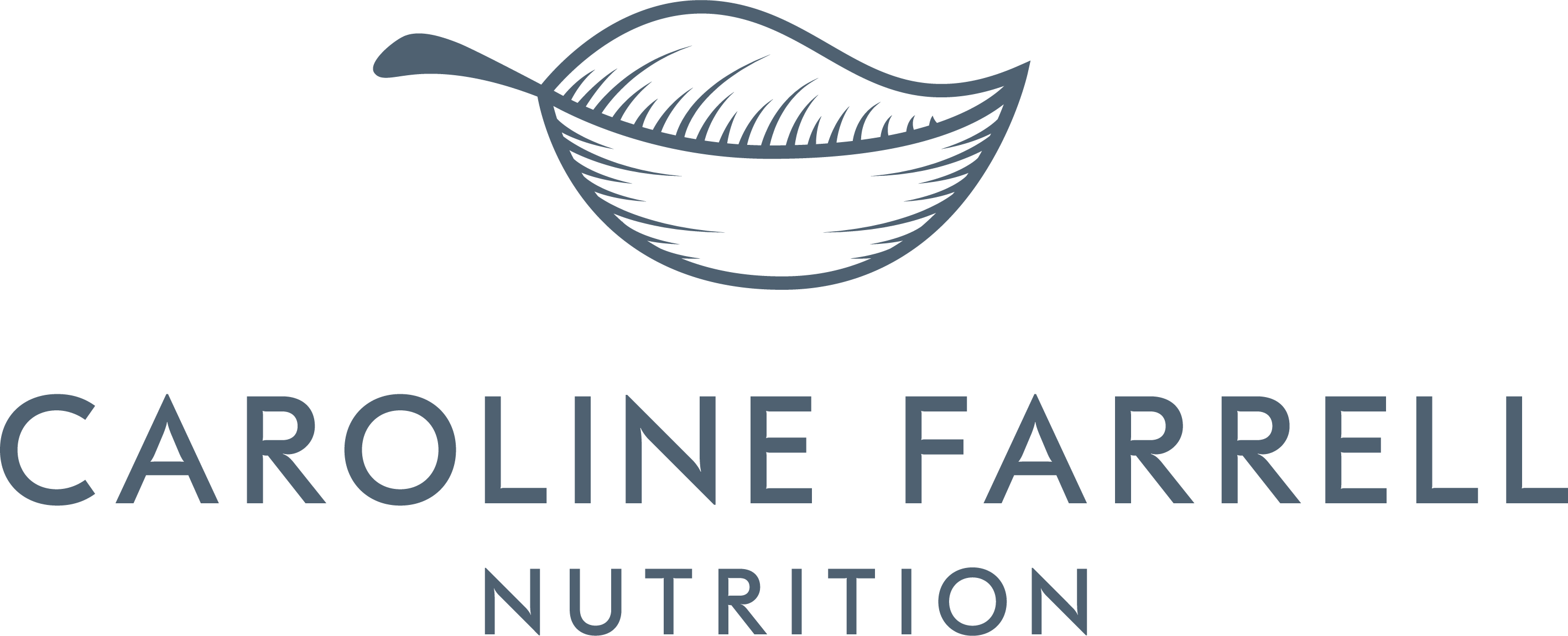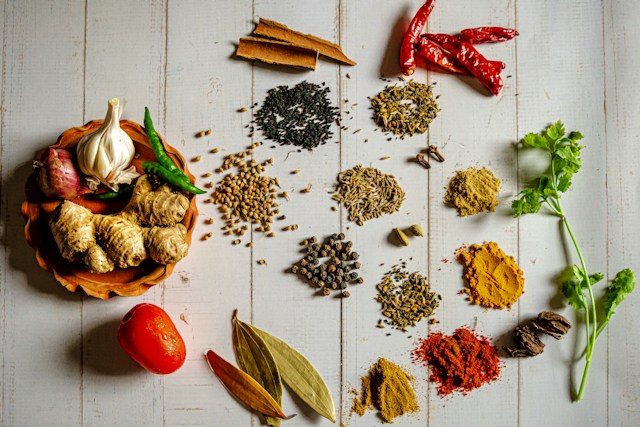Optimising your fuelling can help to support your performance, recovery, and overall health. Here are my tops tips on how to fuel before, during and after your runs.
What to Eat Generally
It’s essential to ensure you eat sufficient calories to support performance and reduce muscle loss. Generally you burn between 500-800 calories an hour while running. This will depend on your pace. Most runners I see in clinic overcompensate for running and gain weight. This also can also affect performance by slowing you down. Therefore, it’s important to match your calorie intake to your training.
Runners also need to ensure they eat sufficient carbohydrates to support their training. This is very individual and will vary depending on your training. Protein needs are higher in runners, typically 1.2g protein per kilo of body weight each day. This is needed to support muscle recovery and repair.
What to Eat Before a Run
2-4 Hours Beforehand
Consume a balanced meal 2-4 hours before a run. This allows time to digest your food and ensures that fuel is still available to you when you run.
Your meal should contain low-glycaemic (GI) carbohydrates. Low GI carbohydrates are those that cause a slower and more gradual increase in blood sugar. Examples include oats, pasta, sweet potatoes, wholemeal bread, brown rice, and quinoa. Combine these with some protein and fruit or vegetables.
Examples of Pre-Run Meals
- Overnight oats made with oats, yogurt and fruit
- Wholemeal sandwich/bagel/ wrap with tuna/ cheese/ chicken/ peanut butter, and some salad or a piece of fruit
- Rice, pasta or noodles with chicken, fish, tofu, or beans with some vegetables
You should also drink 400ml to 600ml water.
30 Minutes Beforehand
Have a small snack with high-GI carbohydrates to top up your glycogen (carbohydrate stores). High-GI carbohydrates can rapidly elevate blood sugar levels, providing a readily available source of fuel for your muscles. Aim for 30g of carbohydrates.
Examples of high GI snacks which contain around 30g carbohydrates include:
- 500ml isotonic sports drink
- 50ml energy gel
- One large banana
- 1 small box (43g) of raisins
- 2 slices Soreen fruit bread
- 2 medjool dates
You should also drink around 250ml water.
Morning Runs
For early morning runs, you may prefer running on an empty stomach. This can be effective for a slow steady run or a session lasting less than an hour. You should ensure you include starchy carbohydrates with your evening meal the night before a morning run. However, for longer sessions performance will be enhanced by fuelling before or during the run.
Fuelling During a Run
The length of your run will determine whether or not you should fuel while you run. If you’re running for less than 45 minutes, there is no performance advantage to be gained by consuming additional carbohydrates. When you’re doing longer runs lasting between 45 and 75 minutes, swilling (not swallowing) a carbohydrate drink in your mouth (“mouth rinsing”) may improve performance. The carbohydrates stimulate oral sensors that act on brain to mask fatigue. This may allow you to maintain exercise intensity for longer.
For prolonged runs, you should aim to consume 30-60g of glucose per hour. This can be in the form or a sports drink or gel or an easy to digest snack (see pre-exercise snacks). If you are new to fuelling while you run it’s important to start slowly and allow your body to adjust.
Hydrate regularly throughout your run, especially in warmer weather. In general, you should be aiming to drink 100–150ml every 15 minutes during your run. The International Olympic Committee’s consensus on electrolytes is that for runs under two hours where there isn’t excessive sweat loss electrolytes are not beneficial. Adding them by cause excess fluid retention.
Fuelling After a Run
Examples
Snacks
- One banana plus 500ml of milk
- 500ml chocolate milk
Meals
- Overnight oats made with oats, yogurt and fruit
- Eggs or scrambled tofu on toast
- Rice, pasta or noodles with chicken, fish, tofu, or beans with some vegetables
Bespoke Nutrition Plans
This is general advice and it’s important to note that every runner is unique, and nutritional needs can vary based on factors such as age, gender, training intensity, and personal health conditions. Feel free to get in touch if you would like more information on a personalised plan that caters to your specific requirements and goals. to




